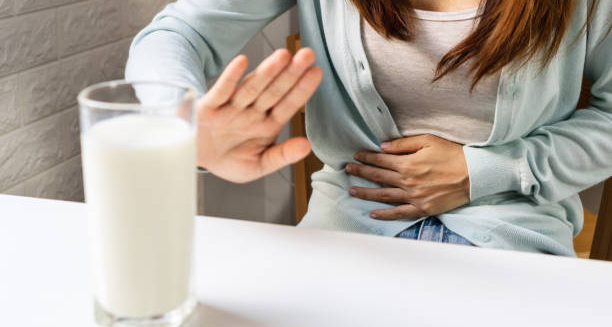Causes of Diarrhoea
There are many possible causes of diarrhoea, ranging from infections to chronic illnesses and medication reactions. When dealing with diarrhoea, it’s crucial to identify the root cause, as treatment depends on what’s triggering the symptoms.
One of the most frequent causes is infection. This can come from viruses such as rotavirus or norovirus, bacteria like E. coli, Salmonella, and Shigella, or parasites including Giardia. These organisms are often transmitted through contaminated food, water, or surfaces. In South Africa, especially in rural or informal areas, contaminated drinking water and poor sanitation remain significant contributors.
Food intolerance or allergies can also lead to diarrhoea. Lactose intolerance, for instance, causes digestive issues when dairy is consumed. Similarly, gluten intolerance (coeliac disease) affects the bowel lining and leads to chronic digestive problems, including loose stools.
Certain medications, such as antibiotics, can disturb the gut flora and cause diarrhoea. Some people also experience symptoms when taking heartburn medication, chemotherapy drugs, or magnesium-based antacids.
Causes of Diarrhoea
Chronic conditions like irritable bowel syndrome (IBS), inflammatory bowel disease (IBD), Crohn’s disease, or ulcerative colitis often trigger frequent bouts of diarrhoea. These conditions need lifelong management and medical guidance.
Stress and anxiety can also affect gut health. For some, emotional distress leads to changes in bowel habits, including diarrhoea. Modern medical practice recognises this mind-gut connection well.
Understanding the cause is essential. If diarrhoea is severe, persistent, or accompanied by other symptoms like blood in stools or weight loss, one should consult a doctor promptly.
[Next: Symptoms of Diarrhoea →]


